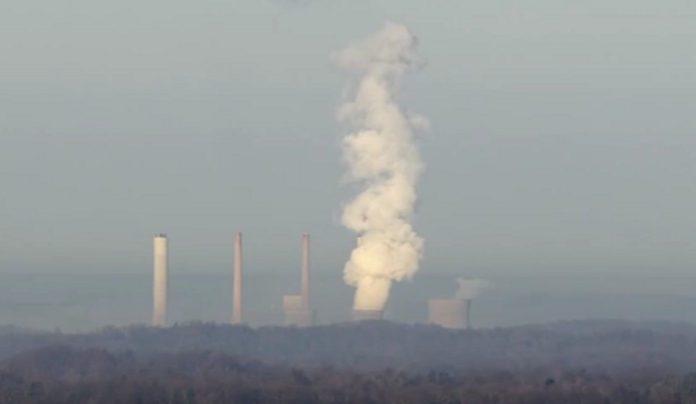In many ways, nuclear energy and fossil fuels are very similar. Both fuel resources use heat to generate steam. This steam is then used to drive a turbine so that electricity can be produced. Both also create a potentially negative environmental outcome if not properly controlled. This is because nuclear energy creates heat through radioactive decay, while fossil fuels create heat through combustion, which releases emissions into the planet’s atmosphere.
There are some differences that can be explored in the nuclear energy vs fossil fuels debate. Let’s take a look.
1. Fuel Energy Density
Nuclear energy has a greater heat reaction than chemical or combustion reaction. This means there is more energy in nuclear applications than in fossil fuels. If you were to take just one pound of nuclear fuel, you’d be able to create about one million more times the energy as using a pound of any fossil fuel.
2. Emission Breakdown
Fossil fuels, when burned, create a variety of emissions. The two that are most often discussed are carbon dioxide and water vapor. Some fossil fuels also release particulates, including certain oxides, that allow for the emissions to stay in the atmosphere for potentially decades. Radioactive decay has no atmospheric emissions, but should radioactive materials be released, the damage could remain for generations.
3. Potential Dangers
Each power option has a potential danger that must be considered. A nuclear plant can melt down and cause massive damage in a short period of time. Incidents like Fukushima and Chernobyl are evidence of the potential dangers of nuclear energy. As for fossil fuels, the dangers are a little different.
Many fossil fuel energy sources create ash and solid wastes that have toxic materials inside of them. These items are disposed of in pools, which can sometimes leak or burst. An incident in Tennessee in 2008 flooded nearly 2 million cubic yards of potentially toxic ash slurry.
In the nuclear energy vs fossil fuels debate, there really isn’t a clean energy alternative. Each option offers potential hazards that, if left unchecked, could be life-threatening to our planet. We can limit these risks by developing and maintaining these technologies, but it is a risk that will always be present while we use them to create power.
Crystal Lombardo is a contributing editor for Vision Launch. Crystal is a seasoned writer and researcher with over 10 years of experience. She has been an editor of three popular blogs that each have had over 500,000 monthly readers.


















